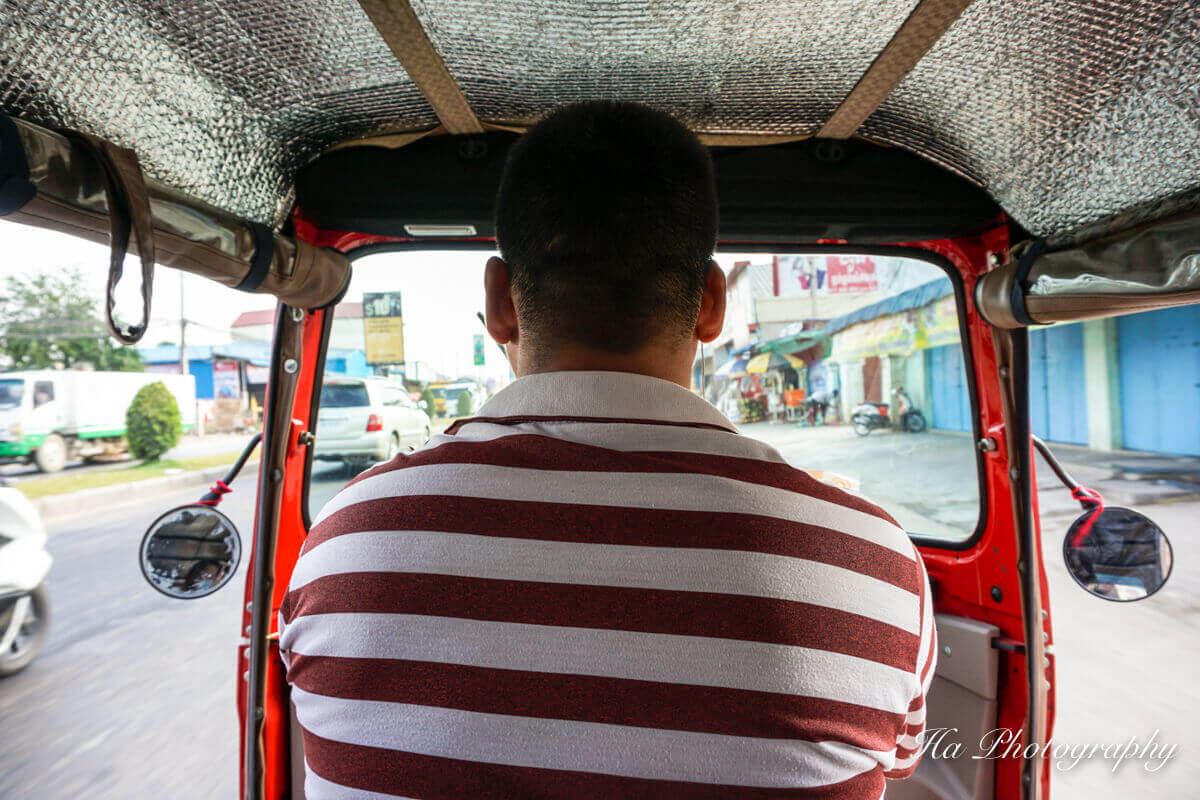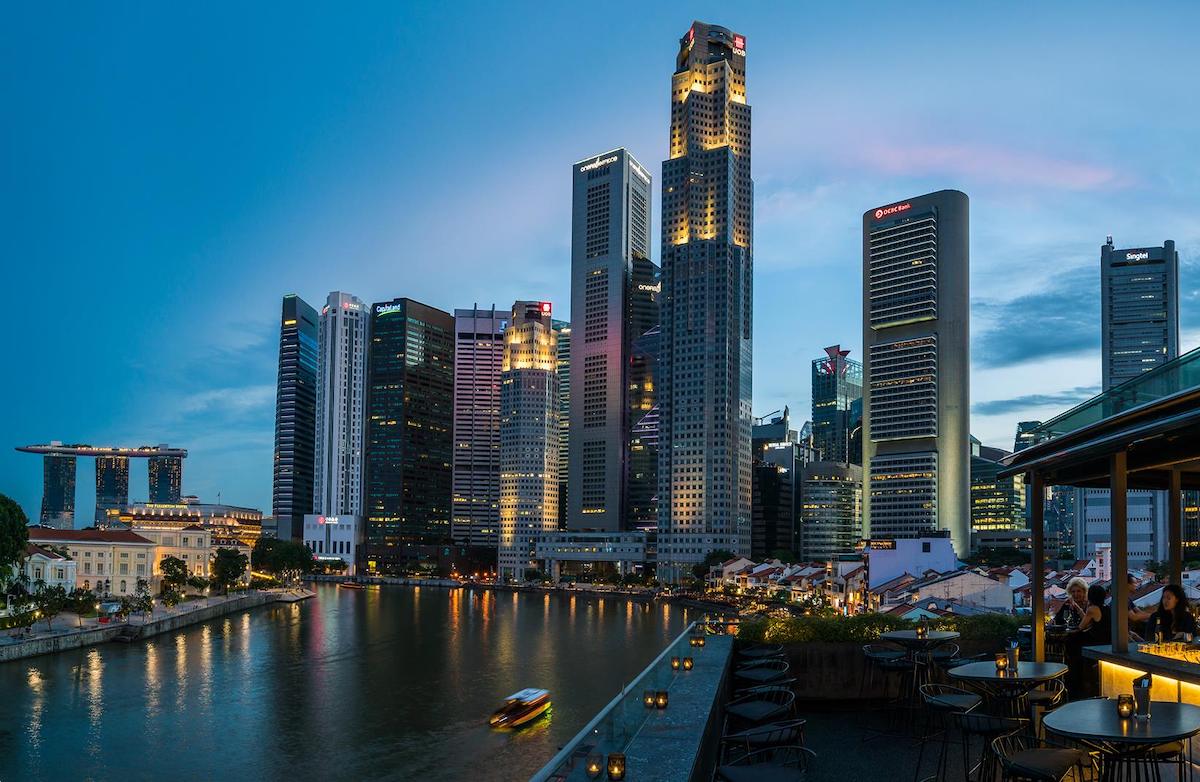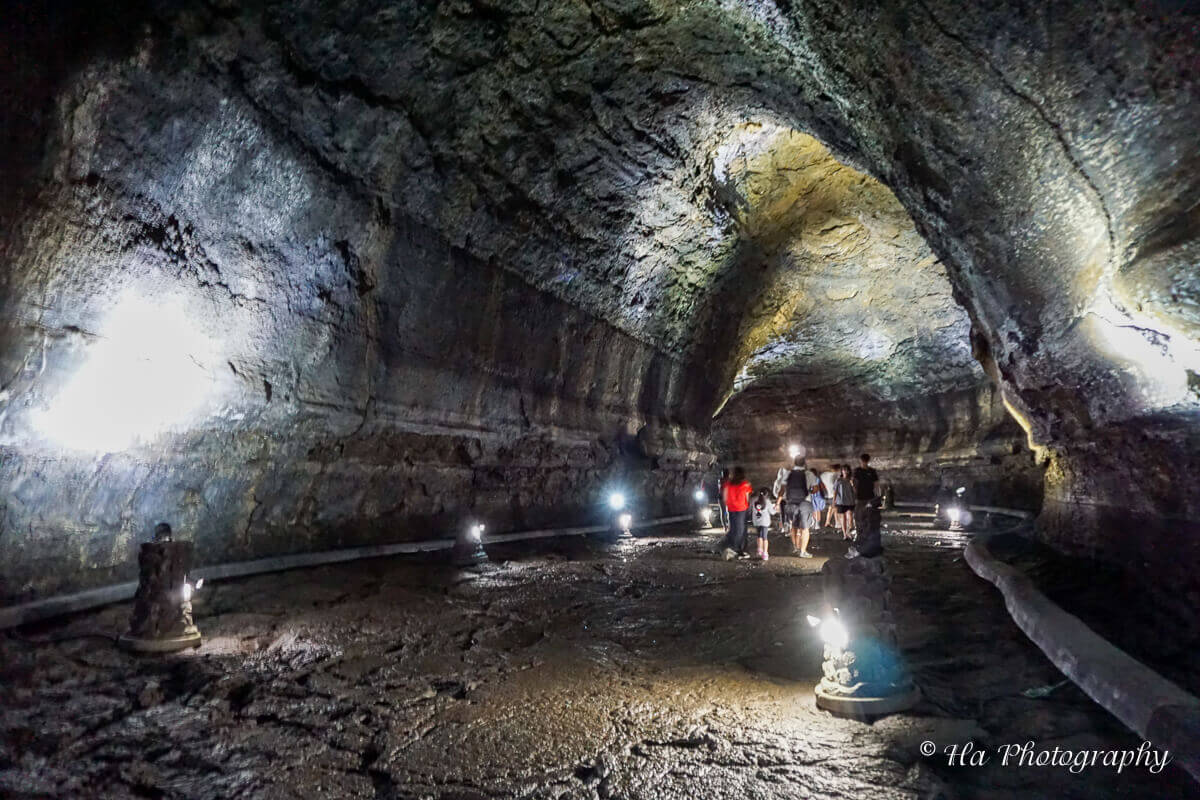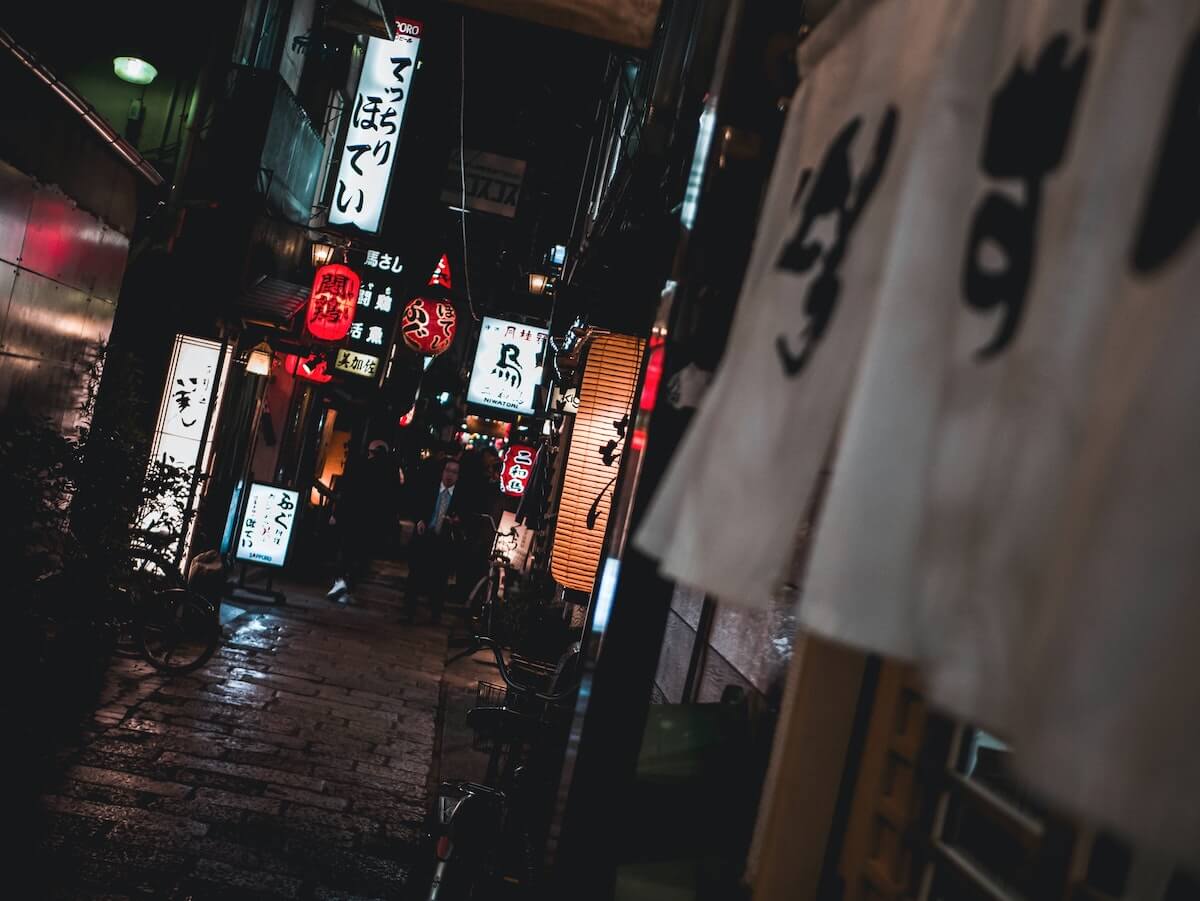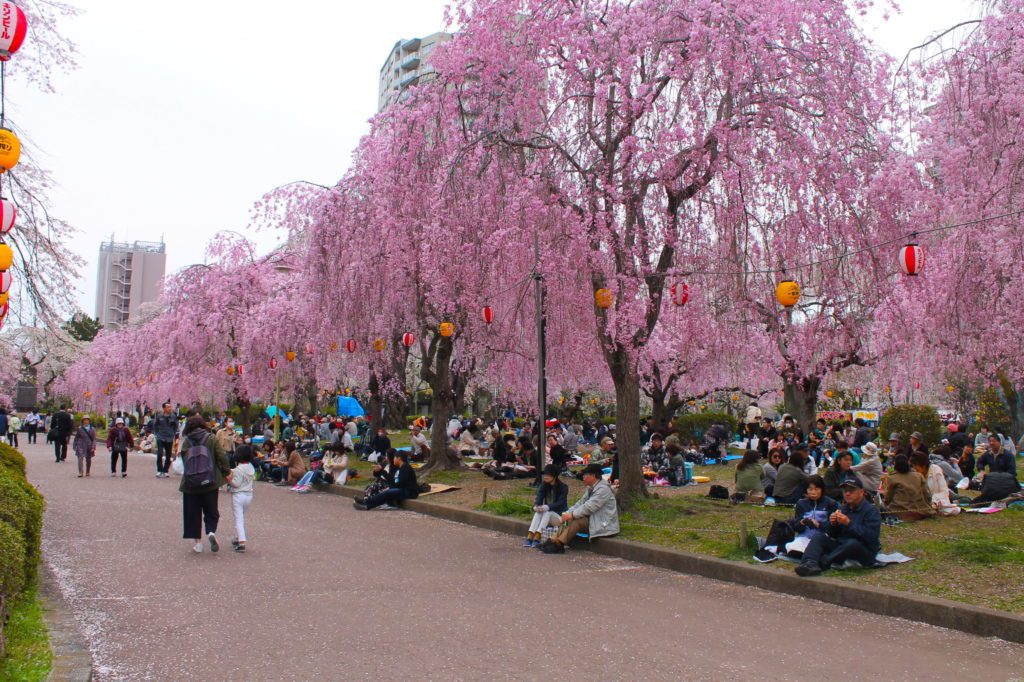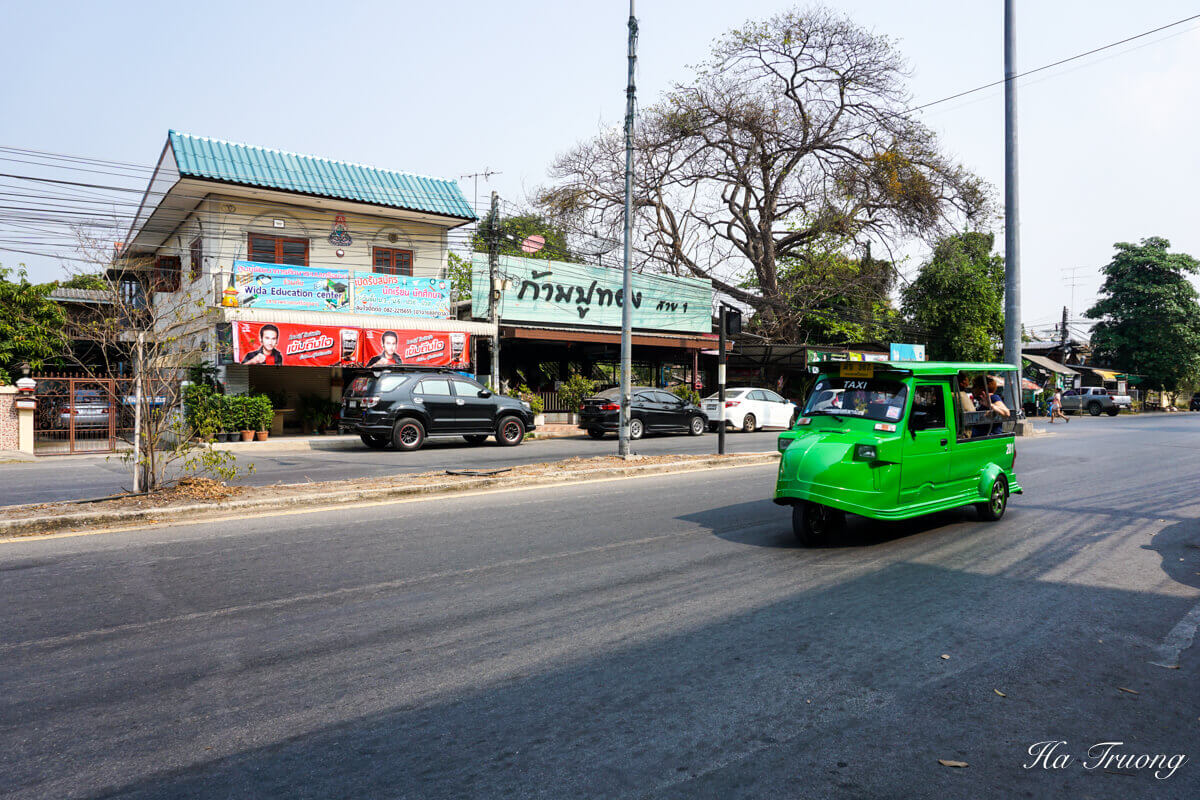15 Things To Know Before Visiting Japan
Are you planning to visit Japan? What to know before traveling to Japan?
In this article, I share Japan travel tips to make the best of your trip.
Unlimited train travel in Japan
Japan has an excellent offer called the Japan Rail Pass and is only available to foreign visitors.
In Japan, the price of a high-speed train ticket can be even higher than a flight ticket, so this is indeed a great way to save money and travel Japan on a budget.
The Japan Rail Pass has different types of tickets depending on how long you stay in Japan. You can choose to buy 7 days, 14 days or 21 days.
The Japan Rail Pass can be pretty wasteful if you are only in Tokyo. However, if you are visiting nearby cities like Kyoto or Osaka, using the Japan Rail Pass will save you a lot of money.
Read more:

Don’t bring fresh vegetables
Absolutely do not bring fresh fruits into Japan.
When doing customs procedures, if it’s discovered, HQ staff at the airport will confiscate it all and impose a hefty fine.
Cash is King
Most places in Japan still prefer using cash to cards, so bring a sufficient amount of cash when you go out and explore.
When traveling in Japan, you need to have cash ready to pay for most things.
Larger stores such as clothing or electronics shops will accept card payments, but in restaurants, smaller shops, or temples, you can only pay in cash. So, make sure you have enough cash ready for your upcoming trip to Japan.
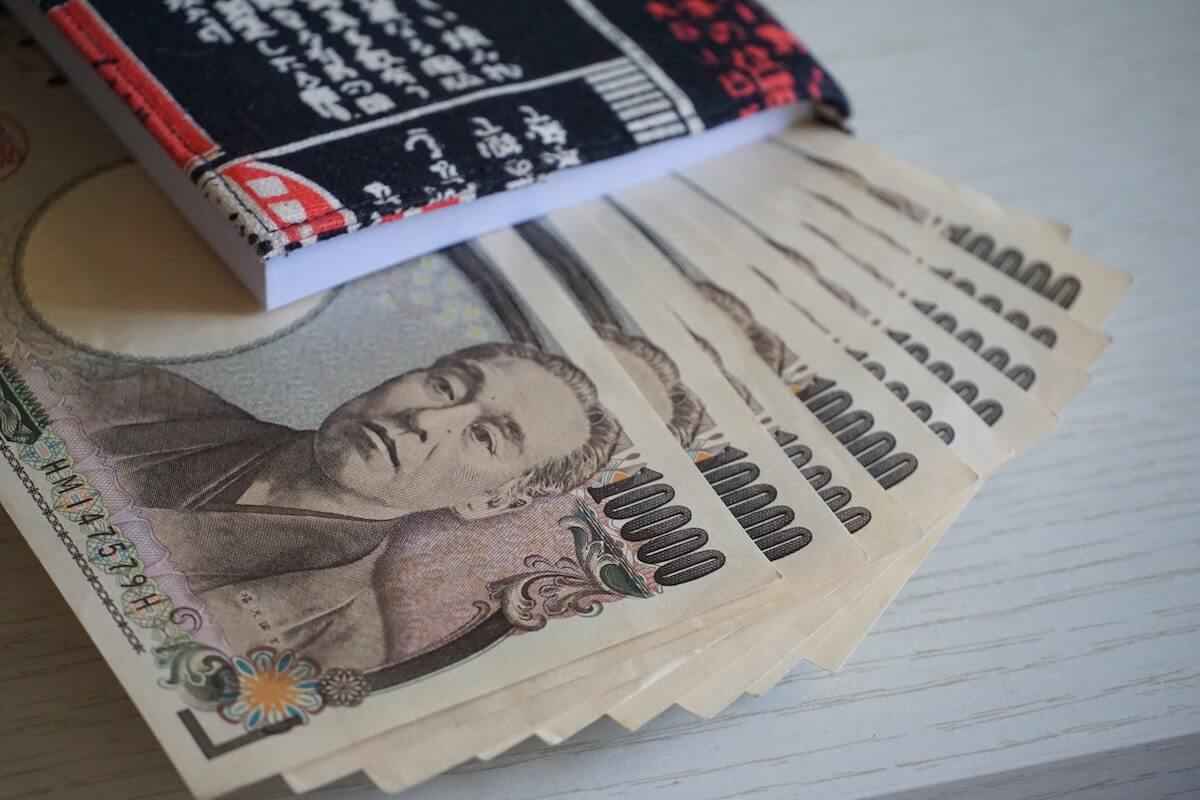
Japanese currency
The main currency is the Japanese Yen in coins and banknotes.
Coins have small values such as 1 yen, 5 yen, 10 yen, 100 yen, 500 yen, while banknotes have larger ones: 1,000 yen, 2,000 yen, 5,000 yen, and 10,000 yen.
Most hotels, restaurants, and shops only accept Japanese Yen, not US dollars or Euros. You can exchange the Japanese Yen at the banks using your passport.
In Japan, you’ll need your passport to exchange money.
ATM may not accept your card
In Japan, many ATMs only accept credit and debit cards issued in Japan.
The ATMs that accept foreign cards include postal ATMs at post offices and 7-Bank ATMs 7-Eleven convenience stores. Here, you can withdraw cash by credit and debit cards issued outside of Japan: Visa, Mastercard, Maestro, Cirrus, American Express, and JCB cards.
To inquire about service hours and locations, you can visit www.sevenbank.co.jp/intlcard/index2.html or ask your tour guide for necessary information.
Note: Don’t forget to activate your card for overseas transactions and notify your bank that you will be traveling to Japan so they won’t block your card.
Tipping culture
In the US and some countries, tipping is quite common. But in Japan, the service fee is included in the meal cost.
You may feel uncomfortable not tipping the waiter. However, you don’t need to worry too much about this when traveling in Japan.

Japan has very few trash cans
When I first visited Japan, I was so surprised to find very few trash cans here. While it’s one of the cleanest countries in the world, Japan has so few trash cans.
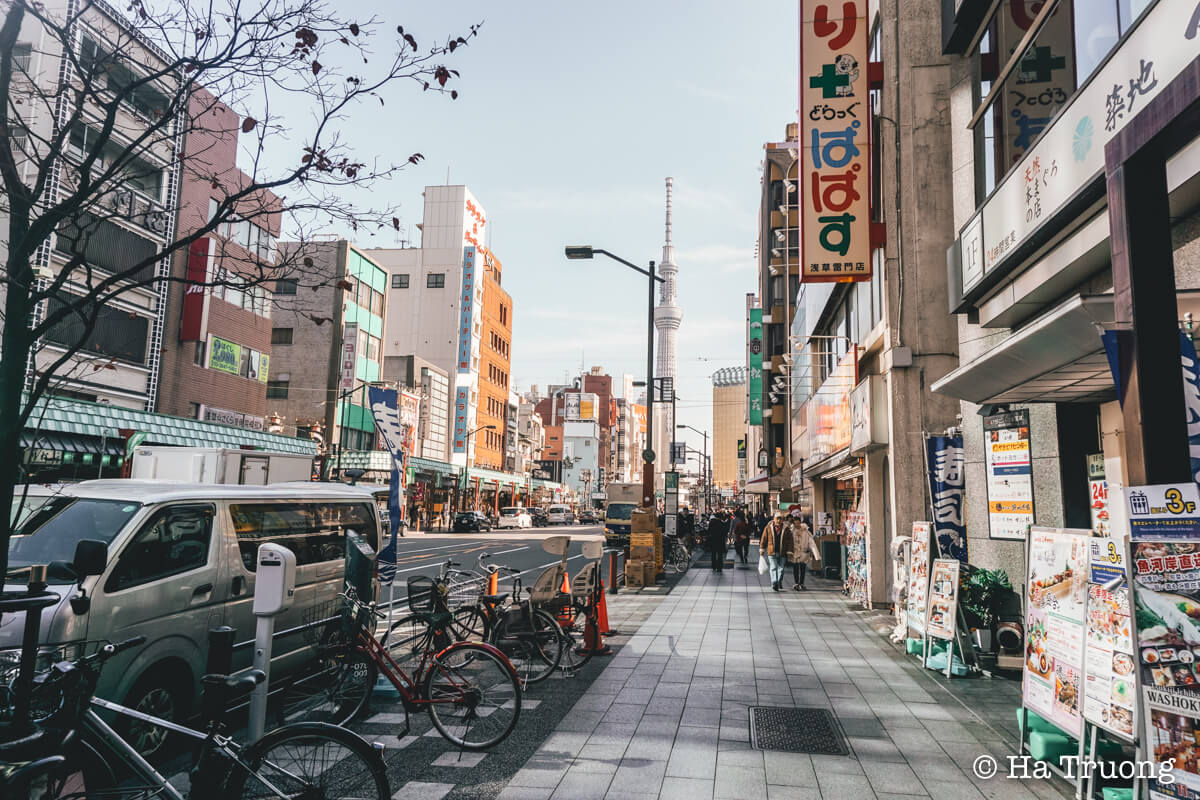
The reason is that there was an extremely dangerous Sarin gas attack in Tokyo in 1995. The incident injured more than 5,000 people. This toxic substance was later found to be hidden inside the trash can. So the government has limited the number of trash cans.
To dispose of or recycle your garbage, you can look for recycling bins next to vending machines, parks, convenience stores, and train stations.
Tattoo is taboo
In Japan, the tattoo is associated with the Japanese mafia and criminal gangs, so the tattoo is not welcomed in some public areas.
You may be denied your entry in some places, especially onsen (hot spring) and pools.
Know emergency numbers
If you need help, you can call the numbers below:
- Police: 110
- Fire or Ambulance: 119
- Tokyo International Medical Information Center AMDA: 03 5285 8088
- Tokyo Metropolitan Health and Medical Information Center: 03 5285 8181
- Metropolitan Police Department-consulting service for foreigners: 03 3503 8484
You don’t need to pay the usual 10 yen coins for these numbers.
If you call from a green public phone station, pick up the headset and press the red button before dialing the number. From the gray public phone station and the public phone IC card, just pick up the phone and dial the number.
Learn basic Japanese before you go
The difference in language is the most significant barrier when traveling.
Many Japanese don’t speak English, so you may face a big problem if you get lost and don’t know the language. Also, most restaurants or vending machines do not offer English menus.
So, I suggest learning basic Japanese words and phrases before your trip.
It may be overwhelming at first, but you can pronounce Japanese exactly like the way they write in Romanji.
Alternatively, download and use Google translate when you need. Although Google Translate may not translate exactly what you want to say, it is enough for the other person to understand the main ideas and help you.

Avoid making noise in public transport
When using public transport, especially the Japanese train, you need to avoid making noise.
You can read books, play games, or sleep, but avoid talking on a phone or listening to music without headphones. In brief, do not make noise or affect people around.
Know about chopsticks
Do not knock the chopsticks on the table into the bowl. In Japan, knocking chopsticks into the bowl or table is considered an action to call the devil.
Do not put chopsticks vertically on the rice bowl. Japan and many Asian countries refuse to put chopsticks into the rice bowl when eating, as this action is only done when someone passes away.
Do not use chopsticks to pass food to each other. Japanese people consider using chopsticks to pick up food for each other as a bad omen. It’s because, in Japan, people use chopsticks to pick up the remains of the deceased after the cremation and put them in the urn. So using chopsticks to convey food is an indecent act.
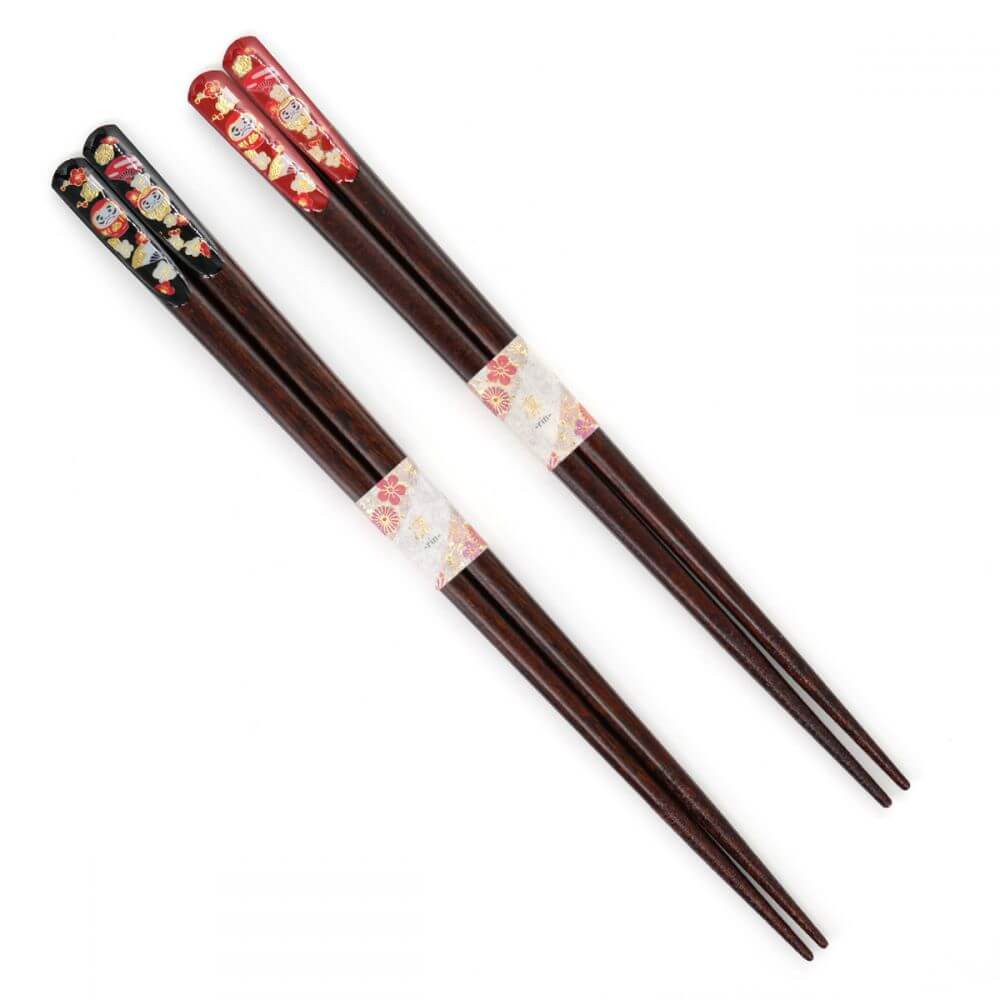
Be attentive about dressing
Japanese people are famous for being polite, so you should pay more attention to how you dress.
Visitors can wear bikinis when going to the beach, but please wear proper outfits to avoid being offensive when you go to the temple.
Here is my suggestion for clothes when traveling to Japan.
- Spring (March – May) : sweaters and light jackets.
- Summer (June – August): thin clothes, short-sleeved tops.
- Autumn (September – October): like spring.
- Winter (November – February): hooded coats, fur coats and warm sweaters or jackets.
Drinking water
In Japan, tap water is very safe and can be drunk anywhere. Mineral water is available at hotels, commercial centers, convenience stores, supermarkets, and restaurants.
Don’t pack too many items
In Japan, household items such as shampoos, shower gels, or razors are very affordable, and you can easily find them at any store. My go-to stores are 7-Eleven and Family mart.
So you don’t need to pack these items. This also helps your luggage much lighter and easier to get around.
